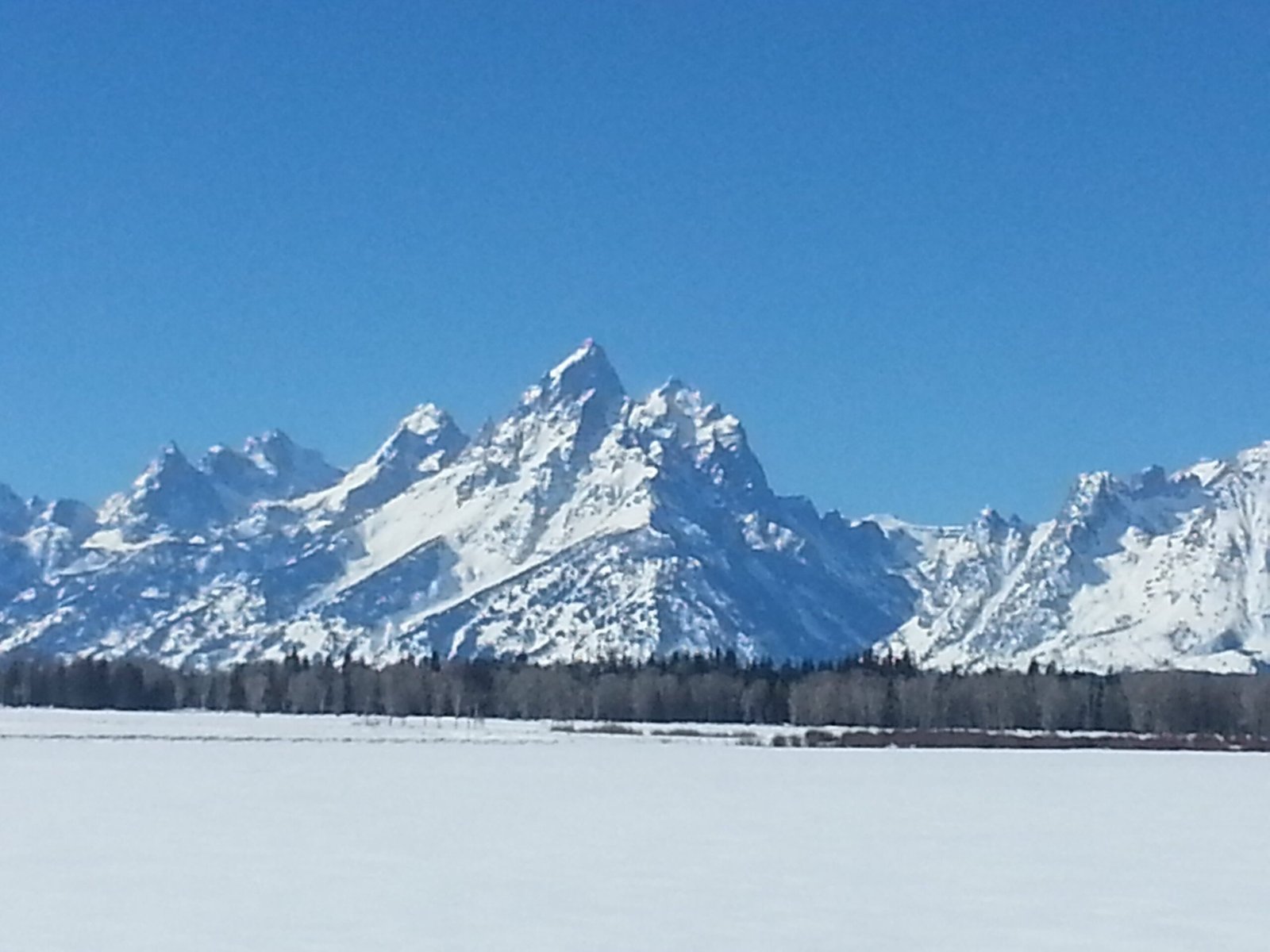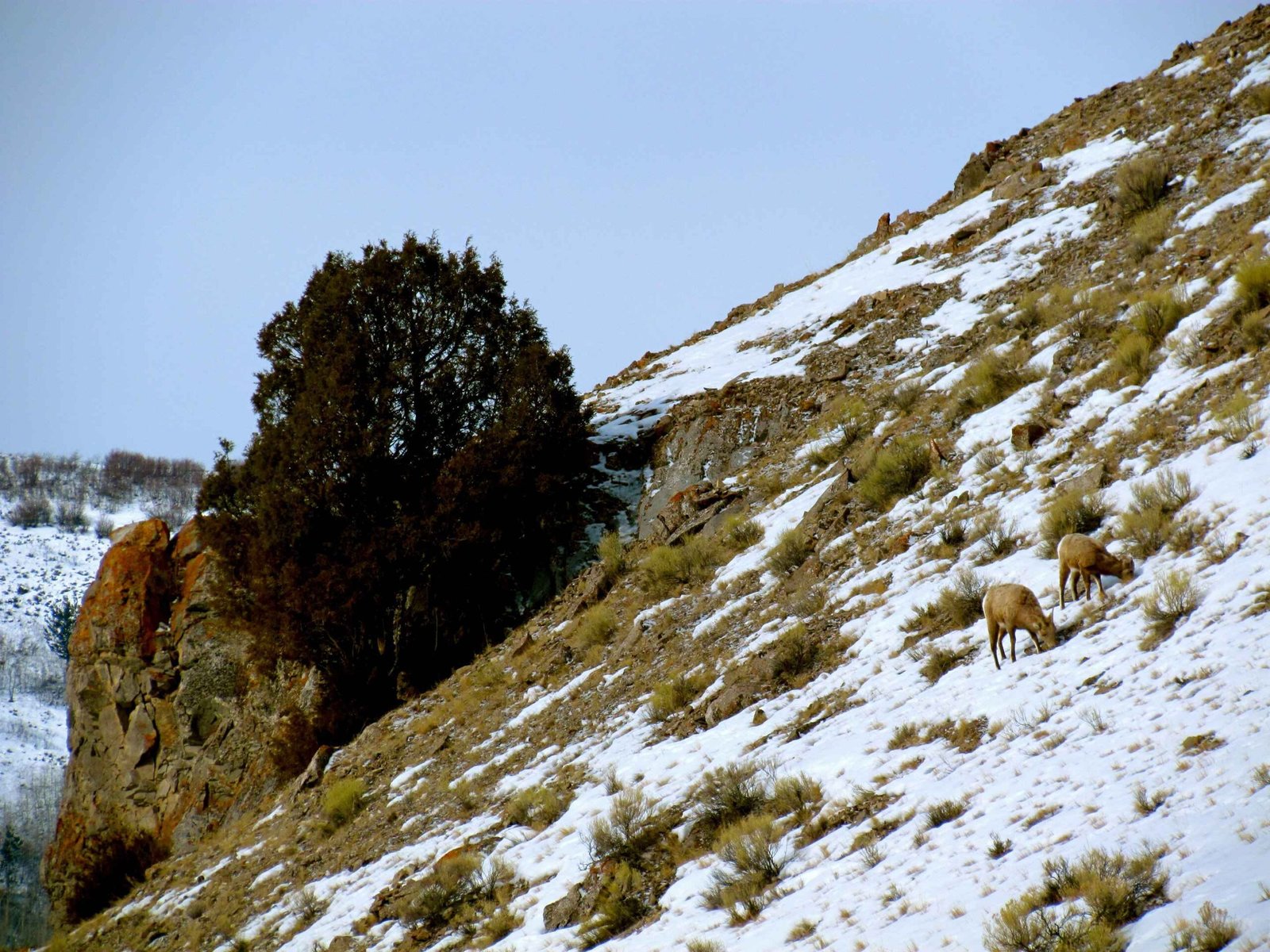Grand Teton National Park harbors a mysterious avian world where rare and unexpected bird species create extraordinary wildlife encounters. From elusive Great Gray Owls silently hunting in lodgepole forests to uncommon Harlequin Ducks nesting near cascading streams, the park offers birdwatchers an unparalleled opportunity to witness nature’s most intriguing feathered inhabitants across diverse ecological landscapes.
What Makes Grand Teton’s Bird Population Unique?

Grand Teton National Park hosts over 330 documented bird species, creating a remarkable ecosystem that supports both common and extraordinarily rare avian populations. The park’s diverse habitats—ranging from alpine meadows to dense forests and riparian zones—provide critical environments for unique bird species.
Rare Bird Species Catalog
| Species | Habitat | Rarity Level | Typical Observation Locations |
|---|---|---|---|
| Great Gray Owl | Lodgepole Forests | Very Rare | Northern Park Regions |
| Barrow’s Goldeneye | River/Lake Environments | Uncommon | Jackson Lake, Snake River |
| Harlequin Duck | Mountain Streams | Rare | Cascade Canyon |
| Black-backed Woodpecker | Burned Forest Areas | Uncommon | Post-Wildfire Zones |
Where Can Unusual Bird Sightings Occur?

Top Locations for Unexpected Encounters
- Cascade Canyon
- Known for golden eagle appearances
- Potential habitat for rare woodpecker species
-
High probability of unexpected bird encounters
-
Antelope Flats
- Sage ecosystem supporting unique bird populations
- Home to greater sage-grouse
-
Potential for rare raptor sightings
-
Oxbow Bend
- Diverse water-based ecosystem
- Attracts migratory and resident unusual bird species
- Excellent for unexpected wildlife photography
How to Maximize Strange Bird Observation Chances?
Expert Birdwatching Strategies
Successful strange bird sightings require strategic planning and specialized knowledge:
- Timing: Early morning and late afternoon offer highest bird activity
- Equipment:
- High-quality binoculars
- Detailed field guide
- Smartphone bird identification apps
- Seasonal Considerations
- Summer provides maximum bird diversity
- Alpine regions most active during brief warm periods
What Factors Contribute to Unusual Sightings?
Several ecological factors influence strange bird appearances in Grand Teton National Park:
- Climate variations
- Migration pattern disruptions
- Habitat transformation
- Seasonal environmental changes
Recommended Observation Techniques
- Maintain absolute silence
- Move slowly and deliberately
- Use camouflage clothing
- Position yourself near natural bird corridors
- Avoid direct eye contact with potential bird subjects
Conservation and Reporting
Visitors encountering unusual bird species are encouraged to:
– Document sightings with photographs
– Report observations to park rangers
– Contribute to ongoing wildlife research
– Respect wildlife observation guidelines
Pro Tip: Always maintain a minimum 100-yard distance from wildlife to ensure personal safety and minimal ecological disruption.
Final Observations
Grand Teton National Park represents a premier destination for ornithological enthusiasts seeking extraordinary bird encounters. Its complex ecosystem continues to surprise researchers and birdwatchers with unexpected avian appearances.
Quick Reference Guide
- Total Bird Species: 330+
- Best Observation Months: June-August
- Recommended Gear: Binoculars, Field Guide, Camera
- Reporting Location: Park Visitor Center
Reference:
– National Park Service – Grand Teton
– Grand Teton Bird Finding Guide
– Wyoming Audubon Society
